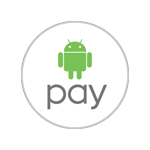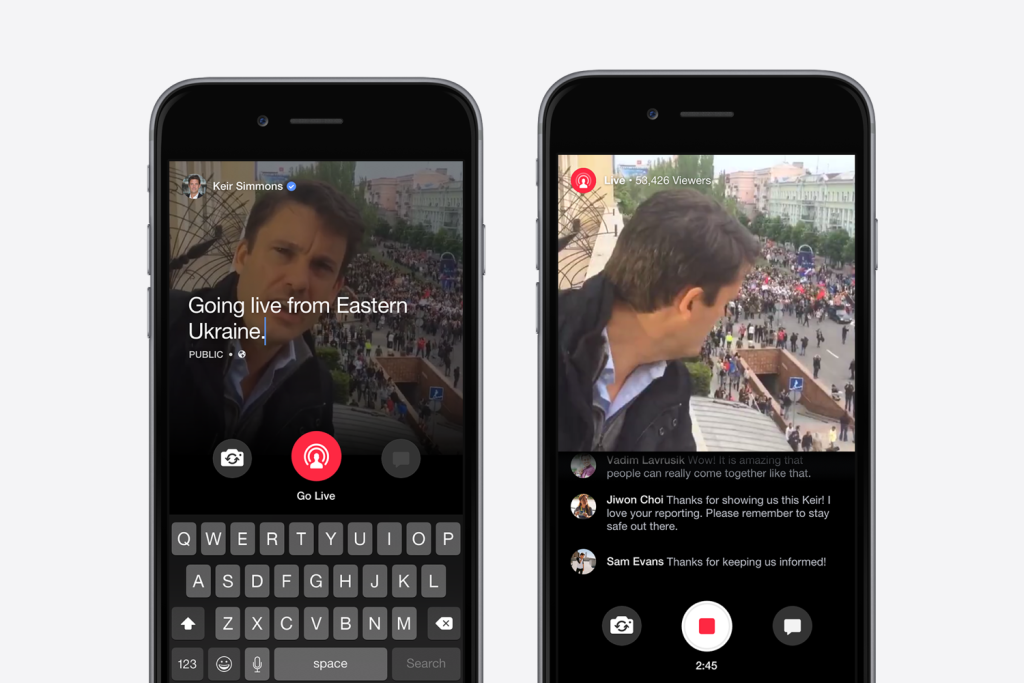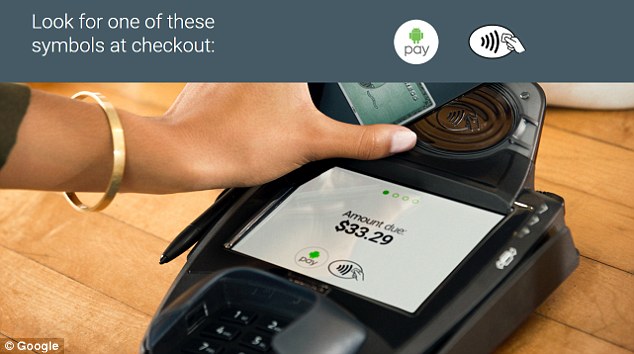 Mobile payment market is huge and it's growing immensely. In a market that is estimated to be worth about $1 trillion in a few years time, tech companies are racing to to be the early birds available. Apple Pay is already gaining its traction, and Google is closing in with Android Pay the company releases in September 10th, 2015.
Mobile payment market is huge and it's growing immensely. In a market that is estimated to be worth about $1 trillion in a few years time, tech companies are racing to to be the early birds available. Apple Pay is already gaining its traction, and Google is closing in with Android Pay the company releases in September 10th, 2015.
Available in more than one million locations just in the U.S., the tap-to-pay system's aim is to be a direct competitor to Apple Pay in the burgeoning mobile payments market.
Android Pay is Google's second major attempt at figuring out the mobile wallet. First thought to be released alongside Android Marshmallow, Android Pay is made to be as simple as possible for users, Android Pay is a secure way to pay things with Android phones. The system that also can store gift cards, loyalty cards and special offers right on the user's phone, is rolling out gradually.
Android Pay works with all NFC-enabled Android devices running KitKat 4.4 and above, running on any mobile carrier. Initially supporting credit and debit cards from the four major payment networks: American Express, Discover, MasterCard and Visa. Banks including Bank of America, with Citigroup and Wells Fargo are following.
Google is adding new features, banks, store locations and others, to make things easier for users to pay with their Android phone.
Existing users of the Google Wallet app can access Android Pay through an update, while new users can download it directly from Google Play. Android Pay comes preinstalled on new NFC-enabled Android phones from AT&T, T-Mobile, and Verizon Wireless.
Because Android Pay is taking Google Wallet's role in mobile purchasing, Google re-released Wallet as a separate app to focus on payments between friends and family.
Users will also be able to use Android Pay to speed through mobile checkout in their favorite apps. And with selected merchants, they can also transmit their loyalty cards and special offers with just one tap.

Privacy Is Always A Priority
It's always important to keep personal and financial information secure. Google is aware of this, and it isn't taking user data breach as something to deal with. For that, Android Pay is supported by industry standard tokenization.
Similar to Apple Pay's system, tokenization is a virtual account number that provides extra layer of security. It's generated so the actual user data is not revealed during transaction, reducing the risk of data theft. So if in any circumstances something suspicious happens, users can easy catch the moment.
Using this and NFC, both Android Pay and Apple Pay are morphing their mobile devices to be contactless payment methods, literally making them credit cards on their own. People can purchase things without the need of passing a physical credit card and passing details to a dealer.
Google is also aware that mobile devices are prone to be lost/stolen just as good as it can be hacked. So if a mobile device is lost/stolen, the user can use Android Device Manager to remotely lock the device from anywhere, secure it with a new password, or even wipe it clean.
Because personal data is something so "expensive" that many people would like have their hands on, messing with the ROMs, like for example, rooting an Android phone and unlocking it with a bootloader, can render the device incompatible with Android Pay. Specifically, Google said that Android Pay is "not designed to work on rooted devices."
Android Pay is dedicated to Android phones, and Apple Pay is to Apple's. With each having their own massive market, and the two owning most of the mobile operating system market, both is similar yet different because they only give the service to their mobile operating users.
When two can play the game, three is not yet a crowd. The South Korean conglomerate company Samsung that thrive in the mobile industry with its wide range of mobile products, is also into this mobile payment industry by releasing its own mobile wallet service after it made its biggest mobile payment move. Called the Samsung Pay, it was initially released in South Korean before Samsung releases it to other countries.
